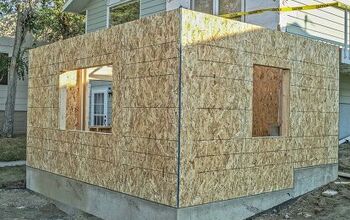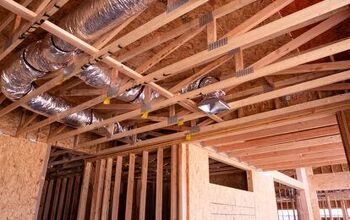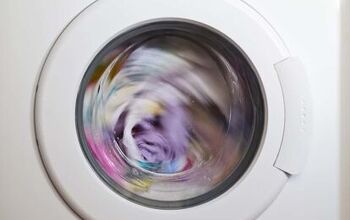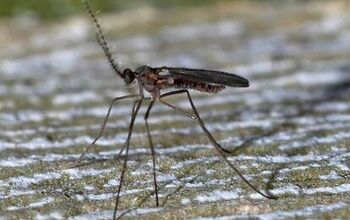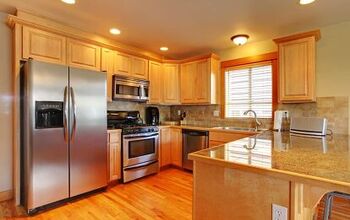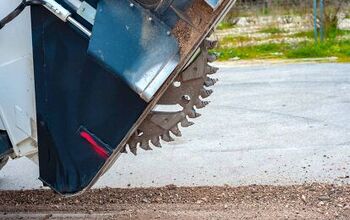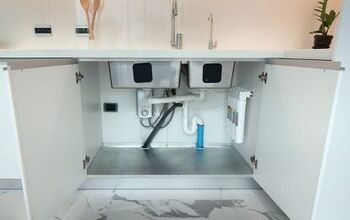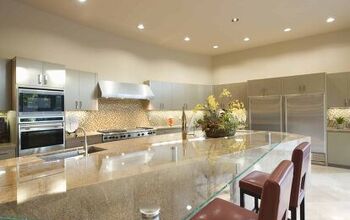Why Does Your Central Air Have Two Filters?

Without central air, homeowners across the world would be out of luck during the spring and summer. Proper central air maintenance is necessary for it to run properly, and that includes maintaining the filters. So, why does your central air have two filters?
Central air conditioners have two filters if a home or building is large enough. You also need two filters if you have more than one central AC unit in a large home with multiple stories. You may need two filters for your central AC if you have a return duct and air handler that both have slots for a filter.
Check your AC filter every 90 days to see if it is clogged with debris. Depending on the size, you will need to replace your AC filter every 3-12 months so that your HVAC system doesn’t have to work too hard.
Follow along as we explore why your central air has two filters and why they are important.
Do HVAC Systems Have Two Filters?
Standard HVAC systems typically only have one filter. However, large homes and buildings with an extensive HVAC system may have up to two air filters in some cases. You can usually find the filter near your HVAC system’s air handler.
In some cases, you may need multiple air filters that are different sizes. That’s why it’s important to check the recommended MERV rating before you buy replacement filters. This will tell you the ideal air filter thickness for your unit.
Do Central Air Conditioners Have Two Filters?
Central air conditioners require two filters in some cases. For example, you may need two air filters if you have more than one return duct. This is more common for larger homes because multiple ducts are often required to manage the extra airflow.
You also need two filters if you have more than one central air system. It’s common for large homes with multiple stories to have multiple central air conditioners. Each central AC system has at least one air handler, and each air handler requires a filter.
You may also need two air filters if your system has an air handler and a return duct. Air handlers and return ducts typically require different-sized air filters, so it’s important to check before you install them. For example, an air handler needs a filter that measures up to 5” whereas a return duct rarely needs a filter bigger than 1”.
Are Two Air Filters Better Than One?
Two air filters are only better than one if you need one for your return duct and another for your air handler. However, you should never stack two air filters in the same location. This can decrease the airflow within your ducts and make your HVAC system work much harder.
The harder your HVAC system works, the higher your energy bill will be. Stacking multiple air filters in the same location can also make dirt, dust, and debris get clogged within your HVAC system. Instead, you should install one air filter that fits your air handler.
Check the slot for your air filter to find the MERV rating. The MERV rating will tell you how thick of an air filter you need for your air conditioner. Exceeding the maximum MERV rating can cause expensive damage to your central air conditioner.
What Happens If You Put Your Central AC Filter In Backwards?
You can hinder your central AC’s performance if you put the AC filter in backward. A backward air filter can reduce your central AC’s airflow. This can ultimately put a great strain on your central air conditioner and it may even reduce its overall lifespan.
Luckily, air filters are typically labeled to tell you which side needs to face outwards. Simply refer to the arrows or label on your air filter to ensure that you install it in the correct position.
That way, your filter can catch dirt, dust, and debris without reducing your HVAC system’s airflow.
Can I Run My Central AC Without A Filter?
You should not run your central AC without a filter because it will reduce the air quality in your home. Air filters protect your home from dirt and dust that is freely flowing through the air. Without an air filter, you will find dirt, dust, and debris on all of the surfaces in your home.
Homeowners who are prone to allergies or have respiratory problems can also suffer without an air filter. You will essentially inhale contaminants and dust that can be both uncomfortable and dangerous. This is especially true if you or someone in your household has asthma or COPD.
You will experience even more problems if you have pets in your household. Air filters stop pet hair and dust from flowing through your HVAC system. Without one, your home will be a mess and you’ll have to regularly clean your floors, tables, cabinets, and furniture.
Will The AC Stop Cooling If You Don’t Change The Filter?
Your AC won’t stop cooling if you don’t change the filter. However, it won’t cool your home nearly as efficiently if your filter is clogged with debris. It’s difficult for cool air to move past your filter once it is too dirty.
Depending on how bad it gets, your AC will have to work much harder than it’s supposed to and will struggle to deliver cool air. It is wasteful to wait too long to change your filter because the system will need to use more energy.
That is why it’s important to change your air filter before the spring or summer if it is due so that your energy bills don’t spike.
How Often Should Home HVAC Filters Be Changed?
Ideally, you should change your HVAC filter every 90 days. However, you may need to change your filter every 1-2 months if you live in a small house or apartment and have several pets. Otherwise, most people can wait 3 months before their filter is caked with dirt, dust, and debris.
Luckily, you can wait up to 12 months to replace your air filter if it measures 5”-6”. Many homeowners have 4” air filters, which can typically hold up for 6-9 months before you need to replace them. However, you should check your air filter every 90 days if it only measures 1”-2”.
Summing It Up
Central air conditioners have two filters if there is a return duct and air handler. You also need two filters for your central AC if you have more than one system in a large house.
Homeowners must change the air filter every 3-12 months depending on its thickness and the size of the home.
Never run an air conditioner without a filter or your home will fill with dirt and dust. Check your air handler to see the MERV rating to find out how thick of an air filter you need.
Make sure to install your air filter in the right direction so that you don’t overwork your central air conditioner.
Related Guides

Nick Durante is a professional writer with a primary focus on home improvement. When he is not writing about home improvement or taking on projects around the house, he likes to read and create art. He is always looking towards the newest trends in home improvement.
More by Nick Durante



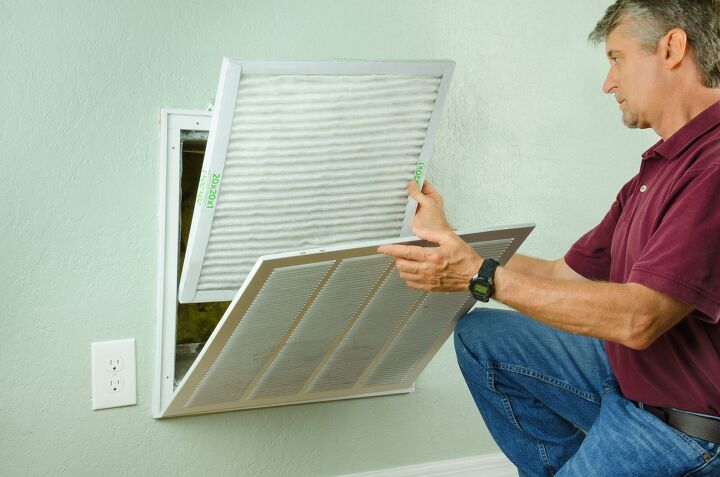






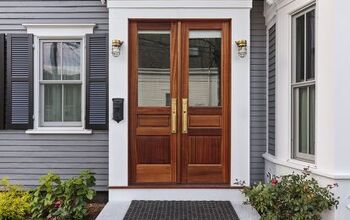
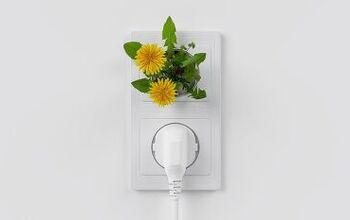
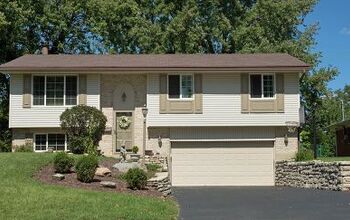
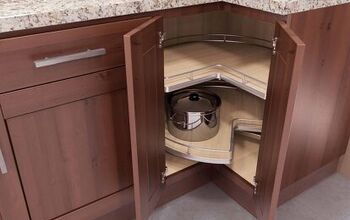
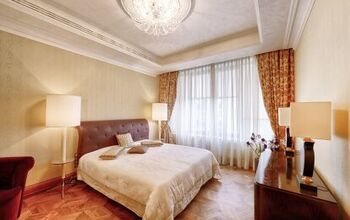
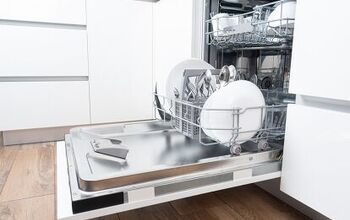

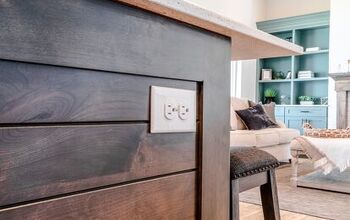
![10 Most Dangerous Neighborhoods in Baltimore [Updated]](https://cdn-fastly.upgradedhome.com/media/2023/07/31/9075655/10-most-dangerous-neighborhoods-in-baltimore-updated.jpg?size=350x220)
